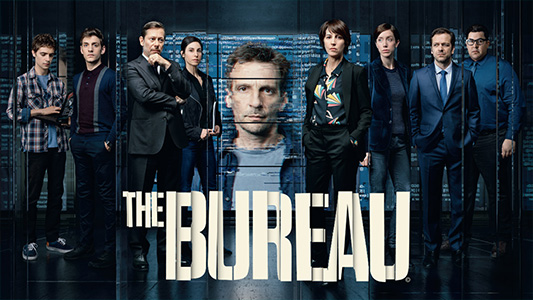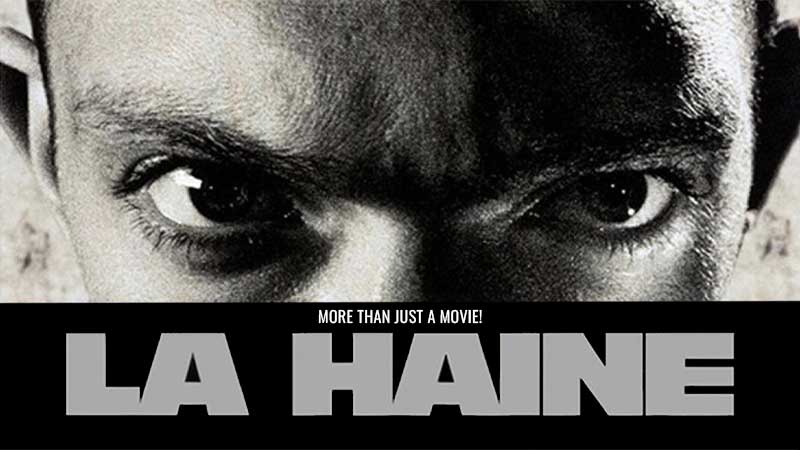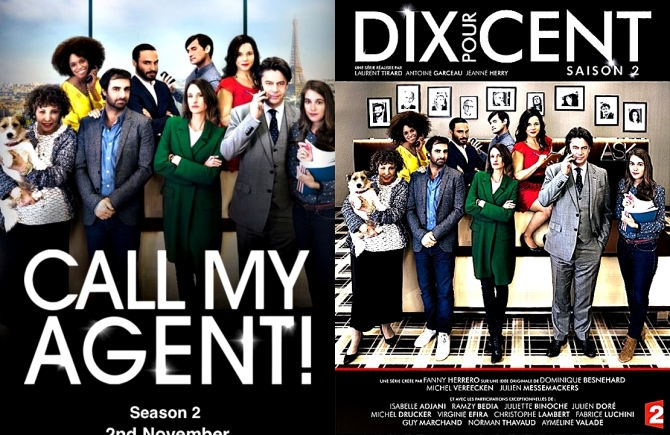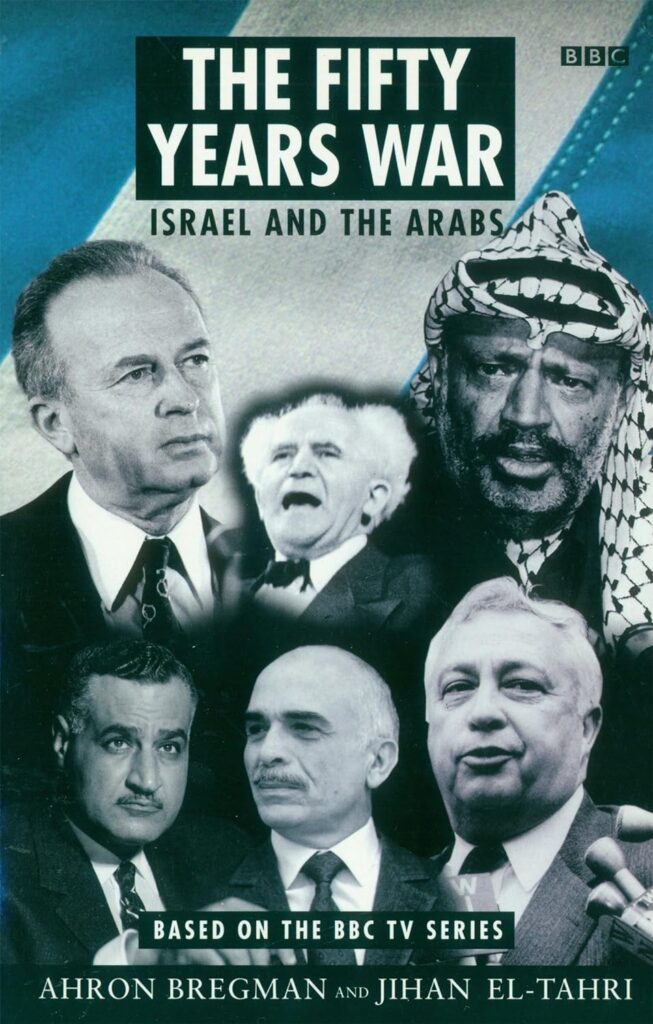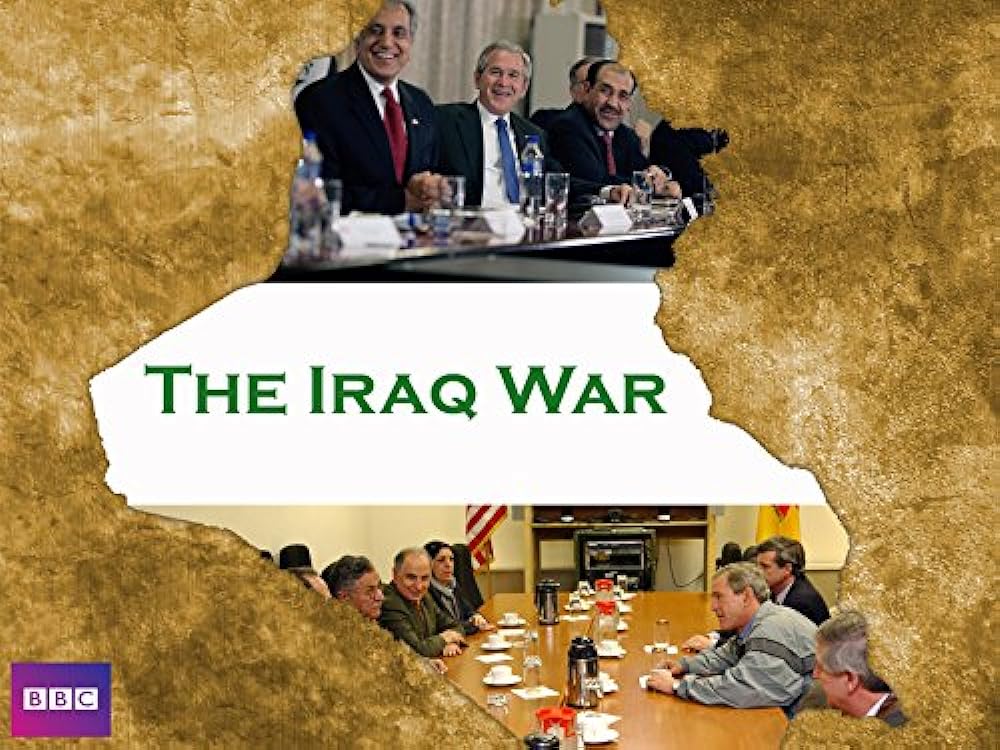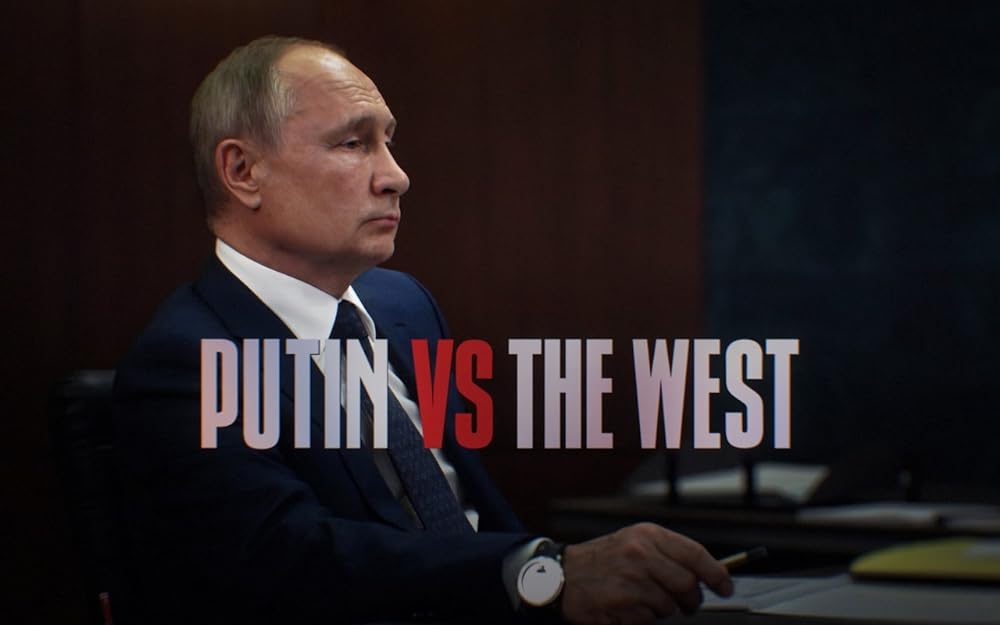The Bureau (Le Bureau des Légendes) in question is France’s DGSE, a mixture of the British MI6 and America’s CIA. They’re the agency in charge of fielding foreign agents in areas of strategic interest to France, principally throughout the Middle East and across North Africa.
Ignore the expensive and wholly un-necessary Hollywood remake, The Agency, notwithstanding the presence of the always watchable Michael Fassbinder, and go directly to the original, of which there are 5 seasons, first shown between 2015–2020.
What’s so impressive about the series is that it rings so clearly and triumphantly true. Obviously, that’s due in part to the fact that’s it’s based on the testimony of whistle blowers who’d previously worked there.
But it’s impossible not to suspect that if any individual is responsible for its palpable sense of verité, it’s the show’s star, Mathieu Kassovitz.
Kassovitz had previously written and directed the impossibly gripping La Haine, which somehow managed to capture the bristling tensions simmering in the banlieues, and the racism that that was fuelled by, in a way that outsiders rarely succeed in doing.
The Bureau is a lot more sedate than that, but it has that same sense of having been made by people who really understand the terrain they’re surveying.
As the Economist noted, it features no special effects and few stunts, but what it gives you instead is a window into the world of international espionage, where life is as mundane and petty as it is in all offices. But where the consequences of actions that are fuelled by base desires are genuinely unimaginably high.
The shows believability is further enhanced by the subplots, which are set in Syria, Algeria and Iran. Where most shows would begin with an establishing shot of a minaret, framed by the mountains above Tehran, with a title that reads ‘Iran’, before returning to a set somewhere in the south of France, the Bureau is as focused on life in Syria and Iran as it is on France.
And they’re as meticulous in their research into life lived there, in the field, as they are about what the pen pushers get up to back at headquarters in Paris.
It’s wonderfully refreshing to watch something that presumes that you’re as intelligent, and as curious, as everybody involved in the show itself is. And simply assumes that you can appreciate the relevance of what’s said and done, in the context of where it all happens.
For all of which, it couldn’t possibly be more French. If Call My Agent was a very specifically French response to Friends, this is their reaction to having seen the Wire.
Widely described as not merely one of the best French TV series ever, but more properly as simply one of the best TV series of the last few decades, if all of this is news to you, as it was for me a few months ago, you’re in for a treat. Enjoy.
Watch the trailer below:
Sign up for a subscription right or below and I shall keep you posted every month, on All the very Best and Worst in film, television and music!
